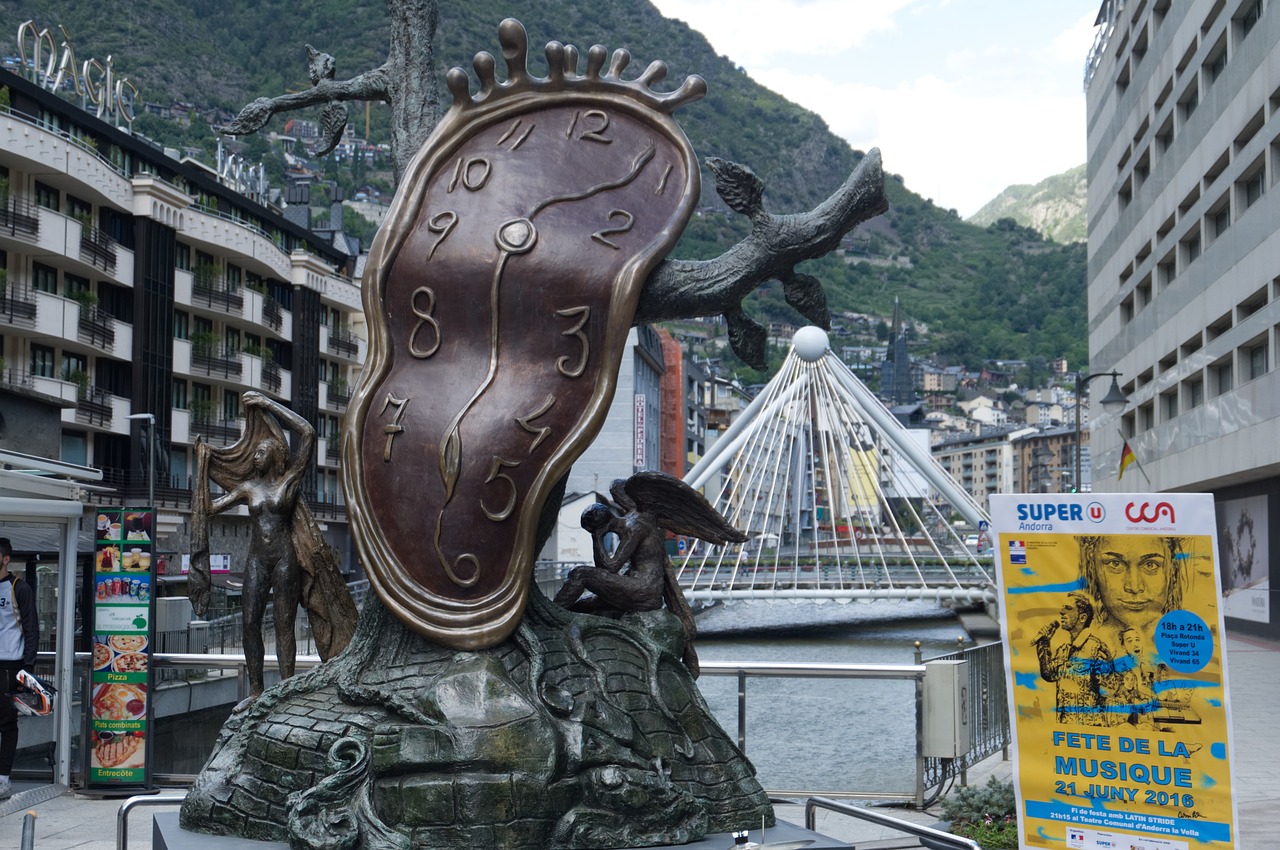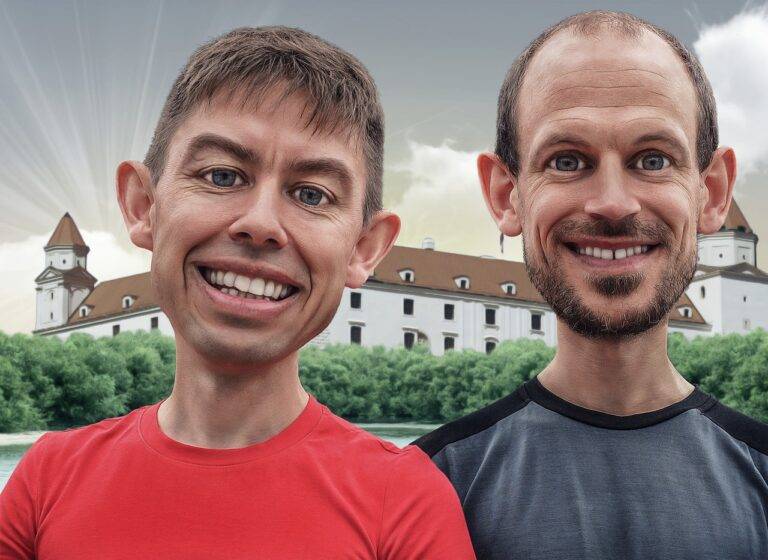The Role of Religion in Shaping Cultural Tours: www.world777, 11xplay.online, Bet book 247
www.world777, 11xplay.online, bet book 247: Religion plays a significant role in shaping cultural tours around the world. Whether it’s visiting ancient temples in Asia, exploring churches in Europe, or participating in pilgrimages in the Middle East, religion often serves as a driving force for travelers seeking to immerse themselves in different cultures and traditions. In this article, we’ll delve deeper into the role of religion in shaping cultural tours and how it impacts the travel experience.
Understanding the Significance of Religion
Religion serves as a cornerstone of many cultures, shaping everything from daily practices to societal norms. For travelers, exploring religious sites can provide valuable insights into the beliefs, values, and history of a particular culture. Whether it’s witnessing traditional ceremonies, admiring architectural marvels, or learning about religious customs, these experiences can offer a deeper understanding of the local way of life.
Exploring Sacred Sites
One of the most common ways that religion shapes cultural tours is through the exploration of sacred sites. These sites hold immense spiritual significance for practitioners and often attract tourists from around the world. From the awe-inspiring temples of Angkor Wat in Cambodia to the sacred pilgrimage sites of Varanasi in India, religious landmarks provide a unique glimpse into the cultural fabric of a destination.
Participating in Religious Festivals
Religious festivals offer a vibrant and immersive way to experience local traditions and customs. Whether it’s joining the colorful processions of Semana Santa in Spain, celebrating the Diwali festival in India, or participating in the Hajj pilgrimage in Saudi Arabia, these events allow travelers to witness firsthand the power of faith and community.
Learning About Religious History
Religion also plays a crucial role in shaping the history of a region. By exploring the religious heritage of a destination, travelers can gain insights into the events and figures that have shaped its cultural identity. Visiting ancient religious sites, museums, and historical landmarks can provide valuable context for understanding the development of a particular society.
Understanding Cultural Practices
Religion often influences various aspects of daily life, from food and dress to social customs and traditions. By immersing themselves in the religious practices of a destination, travelers can gain a better appreciation for the cultural nuances that make each place unique. Whether it’s learning about etiquette in a Buddhist temple or observing the rituals of a Hindu ceremony, these experiences can enrich the travel experience.
Embracing Diversity and Tolerance
Religion has the power to unite people from different backgrounds and foster a sense of unity and understanding. Cultural tours that incorporate religious experiences can promote diversity, tolerance, and intercultural dialogue, fostering greater respect and appreciation for the beliefs and practices of others.
In conclusion, religion plays a crucial role in shaping cultural tours around the world. By exploring sacred sites, participating in religious festivals, learning about religious history, understanding cultural practices, and embracing diversity and tolerance, travelers can gain a deeper appreciation for the cultural richness and diversity of our world.
FAQs
Q: Are religious sites open to visitors of all faiths?
A: In most cases, religious sites welcome visitors of all faiths as long as they respect the customs and traditions of the site.
Q: How can I prepare for visiting religious sites in a foreign country?
A: It’s essential to research the customs and etiquette of the religion before visiting a religious site in a foreign country. Dress modestly, follow any guidelines or restrictions, and be respectful of the practitioners.
Q: Can I participate in religious ceremonies as a tourist?
A: In some cases, tourists may be allowed to participate in religious ceremonies, but it’s crucial to ask permission and observe any guidelines or restrictions set by the religious community.
Q: How can I learn more about the role of religion in shaping cultural tours?
A: One way to learn more about the role of religion in shaping cultural tours is to join guided tours or workshops that focus on religious history, customs, and traditions. You can also read books, watch documentaries, or speak to locals about their religious practices.







